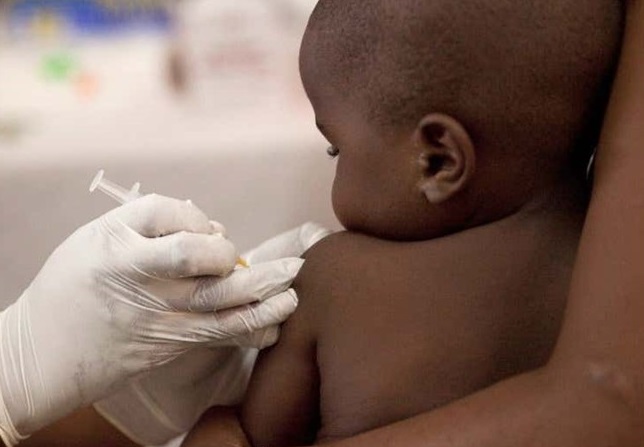Health experts are sounding the alarm about the dangers of giving antibiotics to babies without a proper prescription from qualified healthcare professionals. Paediatricians emphasize that the misuse of antibiotics poses significant health risks, including drug resistance, prolonged illnesses, higher treatment costs, and, in severe cases, death.
In exclusive interviews with Hobnob News, experts highlighted the dangers of parents using antibiotics to prevent infections or treat viral illnesses like the common cold. They warned that such practices not only harm children but also accelerate the emergence of Antimicrobial Resistance (AMR), a growing global health crisis.
The Dangers of Antibiotic Misuse
Professor Aishatu Gobir, a renowned paediatrician at the University of Ilorin, Kwara State, stressed that antibiotics should only be administered to babies after thorough medical evaluation and a clear diagnosis of bacterial infection. “Babies with common colds caused by viruses don’t need antibiotics. Instead, they should be given plenty of fluids, breast milk, and steam inhalation for nasal blockage,” she explained.
Gobir further noted that indiscriminate antibiotic use leads to drug-resistant infections, increasing the cost and complexity of treatment. “Unnecessary antibiotics result in higher morbidity, prolonged hospital stays, and more deaths. Parents must resist the urge to use antibiotics as a quick fix,” she urged.
Professor Joy Ebenebe of Nnamdi Azikiwe University, Awka, also warned against sharing antibiotics among children or using leftover medications. “Incomplete or shared antibiotic treatments fuel AMR, making infections harder to treat and leading to severe consequences for public health,” she said.
Global Call to Action: AMR Awareness Week
The warnings come as the world marks World Antimicrobial Resistance Awareness Week (WAAW), commemorated from November 18 to 24. This year’s theme, “Educate. Advocate. Act Now,” underscores the urgent need to combat AMR through informed decisions and public health interventions.
According to the World Health Organization (WHO), AMR occurs when bacteria, viruses, fungi, and parasites resist the effects of medicines, making infections harder to treat and increasing the risk of disease spread and death. In 2019 alone, over 1.27 million deaths globally were directly attributed to AMR, with 254,000 of these being children under five, the United Nations Children’s Fund (UNICEF) reports.
Expert Recommendations
Professor Samuel Taiwo, a medical microbiologist at Ladoke Akintola University of Technology, stressed the importance of following medical prescriptions to avoid disrupting the body’s natural bacterial balance. “Self-medicating children with antibiotics exposes them to dangerous health outcomes and contributes to the spread of drug-resistant infections,” he warned.
Taiwo also highlighted the role of hygiene in reducing the need for antibiotics. “Regular hand washing and proper hygiene practices can significantly lower infection rates, reducing the demand for antibiotics,” he advised.
A Plea to Parents
Experts strongly urged parents to stop self-medicating their children and to consult certified healthcare professionals for proper evaluation and treatment. They also cautioned against keeping leftover antibiotics or using them for other children, as this practice accelerates AMR.
“Antibiotics should only be given to babies based on a doctor’s prescription and for the prescribed duration. If the treatment is for five days, complete the five days. Do not underdose, as it increases the chances of resistance,” Taiwo advised.
As the global community works to curb AMR, paediatricians and health advocates call for greater public education on the dangers of antibiotic misuse and the importance of responsible medication practices.
Hobnob News remains committed to raising awareness about critical health issues to promote healthier lives for all.

